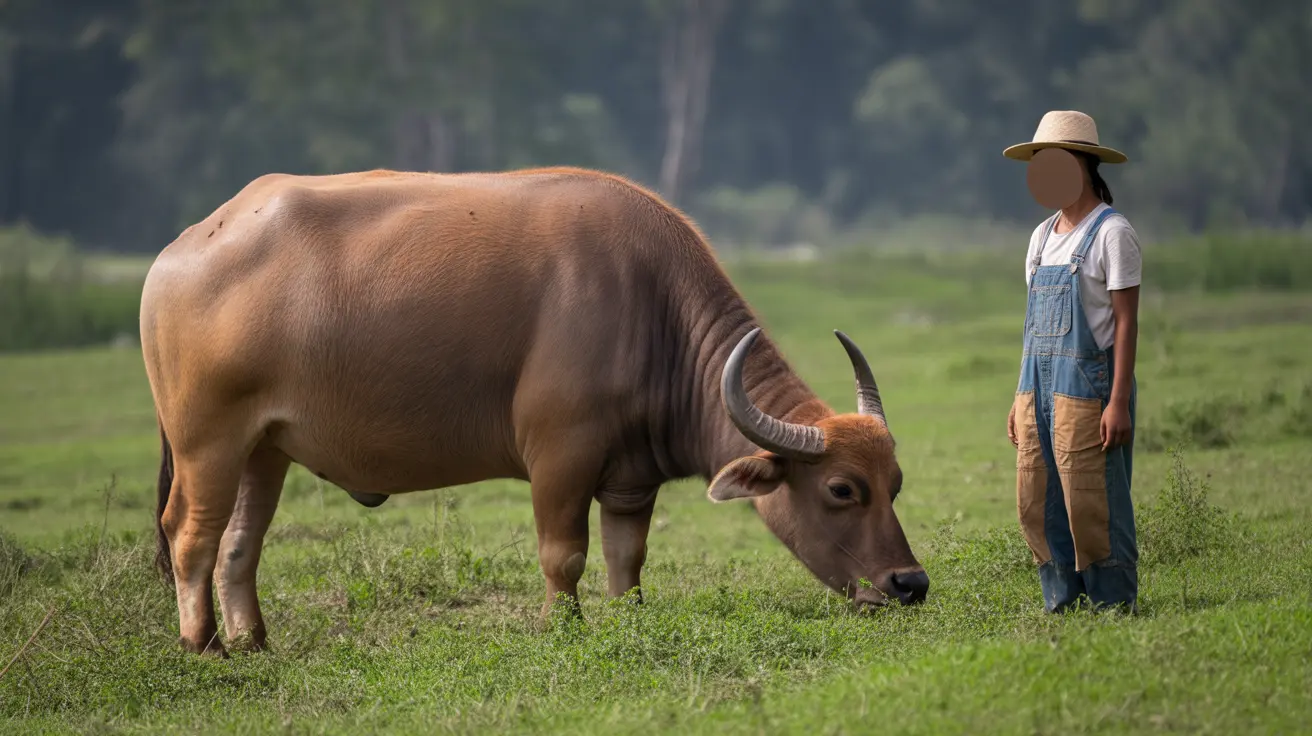How to Tell If Your Dog Is a Catahoula Leopard Dog
The Catahoula Leopard Dog is a unique and recognizable breed, known for its striking appearance, high energy, and exceptional working abilities. Originally from Louisiana, this breed has a deep-rooted history as a hunting and herding dog. Identifying whether your dog is a Catahoula involves evaluating various physical, behavioral, and historical characteristics.
1. Recognize the Breed’s Physical Characteristics
Catahoulas have a distinctive appearance, often setting them apart from other breeds:
- Size: Males stand between 22–26 inches tall; females between 20–24 inches. Weight ranges from 40 to 95 pounds.
- Coat: Short to medium length with diverse colors—most notably the “leopard” mottled look due to the merle gene. They may exhibit blue or red merle, brindle, solid colors, or combinations with white/tan markings.
- Eyes: Highly variable—brown, blue, green, amber, or even two different colors (heterochromia). Some dogs have “glass eyes” or a cracked-glass effect.
- Overall build: Rectangular, muscular body; broad chest; strong neck; large head; drop ears; long, curved tail.
2. Behavioral Traits of a Catahoula
Behavior is just as indicative as appearance. Look for:
- Intelligence and loyalty: Catahoulas are intelligent, alert, and form strong family bonds.
- Work drive: They are driven to herd, hunt, and work with livestock. Their herding style involves forming a “canine fence.”
- Energy level: High energy requires daily vigorous exercise and tasks to prevent boredom and destructive behavior.
- Protectiveness: Independent and territorial, they are naturally good watchdogs and may be reserved with strangers.
- Trainability: Respond well to firm, consistent guidance and early socialization, though they can be stubborn.
3. Historical and Regional Clues
If your dog hails from Louisiana or nearby regions, especially rural or working environments, there's a greater chance it may be part Catahoula. The breed’s name originates from Catahoula Parish, and it became Louisiana's official state dog in 1979. Historically, the breed developed from Native American dogs crossed with French Beaucerons and later with European and American working dogs.
4. Consider the Dog’s Purpose and Abilities
Catahoulas are not traditional show dogs; their breeding emphasizes function over form. They often excel in:
- Hog hunting or baying
- Tree hunting for raccoons or squirrels
- Search and rescue operations
- Cow and hog herding trials
- Scent trailing
5. Grooming and Health Characteristics
Basic grooming needs include weekly brushing, occasional bathing, and regular dental and ear care. Health concerns common to the breed:
- Deafness, especially in heavily white or merle-coated individuals
- Hip dysplasia
- Eye conditions like cataracts or progressive retinal atrophy
6. Living Environment and Compatibility
Catahoulas thrive when living with active families in rural or spacious environments. They need structure and mentally stimulating activities to stay balanced. Compatible with older children who respect boundaries, they may be selective about other dogs and don’t always fare well in multi-pet households without proper training.
7. Consulting a Professional
If you’re still uncertain about your dog’s breed, consider a DNA test or consult a veterinarian or breed expert. These specialists can help verify whether your dog is a Catahoula or a mix based on genetics and observed traits.
8. Recognizing Catahoula Mixes
Many people own Catahoula mixes that retain the breed’s core traits—loyalty, energy, and work drive—blended with characteristics from another breed. These mixes also need active, experienced handlers and regular physical/mental stimulation.
Conclusion
Identifying a Catahoula Leopard Dog involves observing distinctive physical features, behavior patterns, and work-driven instincts. They are not ideal for first-time dog owners but can be extraordinary companions for those prepared to meet their needs. If your dog matches much of what’s described above, there’s a good chance they are a Catahoula or have some Catahoula ancestry.





